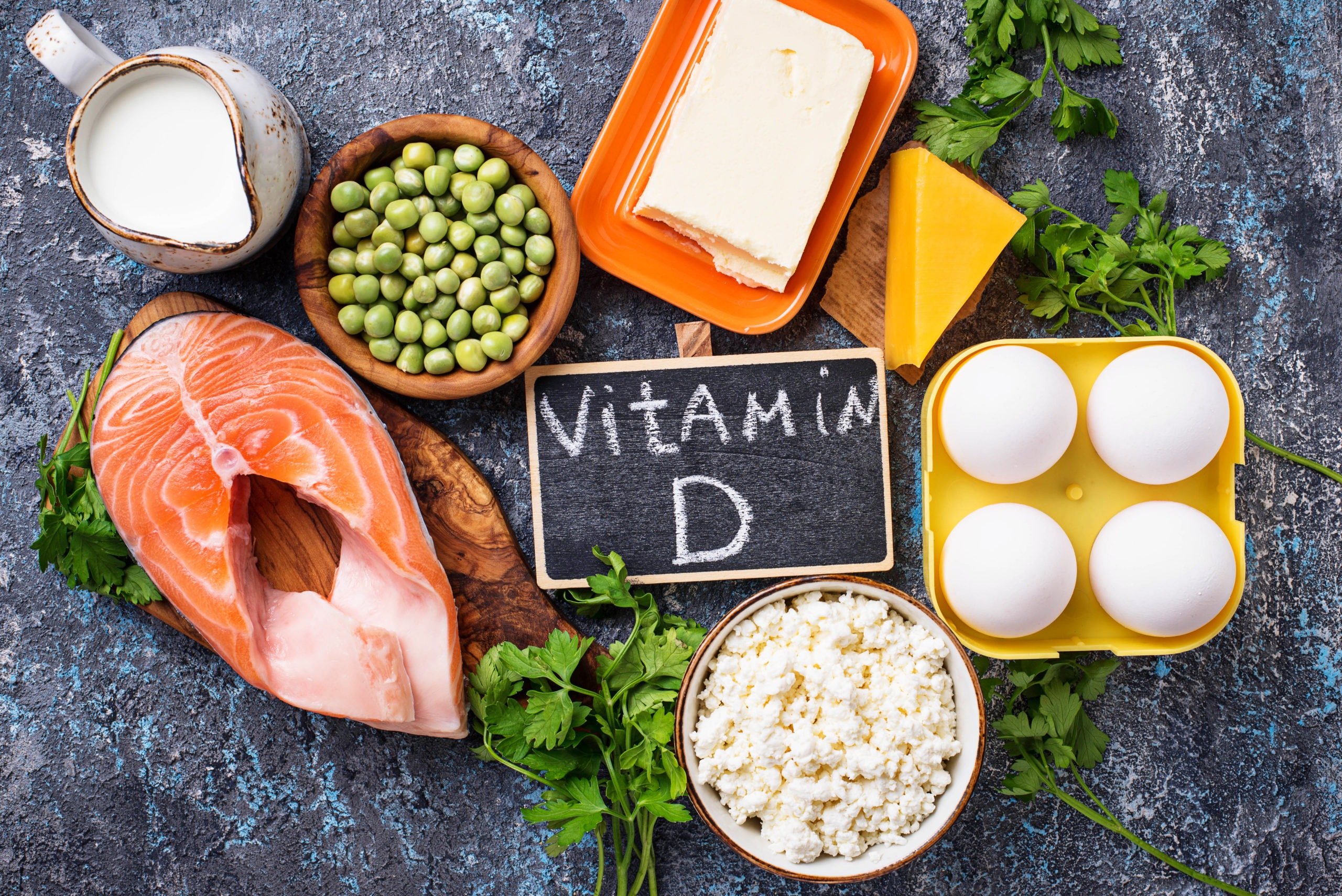
A new analysis suggests that vitamin D intake from foods was associated with some cardioprotective effects.
According to the authors, the analysis “aimed to evaluate the association between dietary vitamin D intake and 10‐year first fatal/nonfatal cardiovascular disease (CVD), conventional CVD risk factors and surrogate markers related to inflammation, coagulation, insulin resistance, liver and renal function.”
Published in the Journal of Human Nutrition and Dietetics, the analysis was a sex-based cohort study of participants in the ATTICA study. In ATTICA, which ran from 2001 to 2012, 1,514 mend and 1,528 women from Greece were evaluated using validated food frequency questionnaires. The analysis team looked at daily intake of vitamin D using a standardized food database, with intake divided into three tertiles. Follow-up was done in 2,020 study participants.
According to the analysis results, cardiovascular disease-related events occurred in 24%, 17%, and 12% in men across the first, second, and third vitamin D tertiles (P=0.002) and 14%, 10%, and 11% for women (P=0.59), respectively. The authors reported inverse associations between vitamin D and cardiovascular disease in the total cohort (HR=0.76; 95% CI, 0.60 to 0.97) and also in men (HR=0.66; 95% CI, 0.49 to 0.89), although the was lost after adjustment for inflammation/coagulation markers. In women, no significant trends were reported. At the 10-year onset of risk factors, the authors reported inverse associations between vitamin D and hypertension in men (HR=0.62; 95% CI, 0.39 to 0.99) and transition to unhealthy metabolic status in women (HR=0.69; 95% CI, 0.51 to 0.93). Also reported were inverse associations between C-reactive protein, interleukin-6 and fibrinogen in both men and women. An inverse association was observed for insulin resistance in women.
“Contradicting the neutral/modest associations in vitamin‐D supplementation trials, increased food‐generated vitamin D may protect against hard and intermediate CVD endpoints, implying different paths between sexes,” the researchers wrote.
Dietary vitamin D intake, cardiovascular disease and cardiometabolic risk factors: a sex‐based analysis from the ATTICA cohort study https://t.co/hM222y6s8m
— Science (@Long_life_sci) April 9, 2020
A cohort study of 1514 men and 1528 women from Greece found that higher #vitamin D intake is linked with a reduced risk of #cardiovascular events, such as heart attacks or strokes. Make sure to consume foods rich in vitamin D during #quarantine! #biom4180https://t.co/yoO5xj2TJl
— Tony Q. Huang (@CardiologyTony) April 10, 2020
https://twitter.com/lisanke/status/1248709984692645890







 © 2025 Mashup Media, LLC, a Formedics Property. All Rights Reserved.
© 2025 Mashup Media, LLC, a Formedics Property. All Rights Reserved.